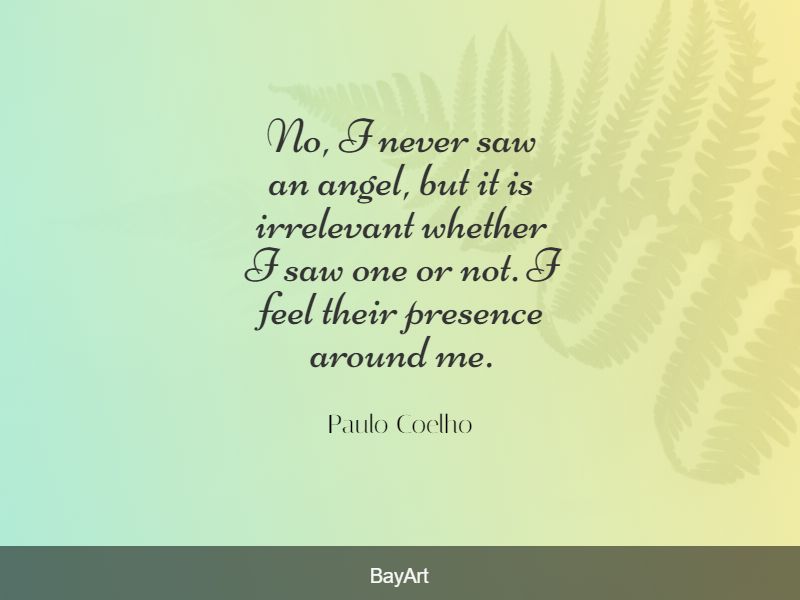75 Famous Nurse Quotes: How to Make A Difference
Feel the power of nursing through these inspirational quotes about being a nurse. Proud to be a nurse because becoming a nurse is one of the most selfless acts a person can undertake. In a society of so many different races, cultures, customs, and beliefs, nurses are a universal gift to all, and the dedicated … Read more









